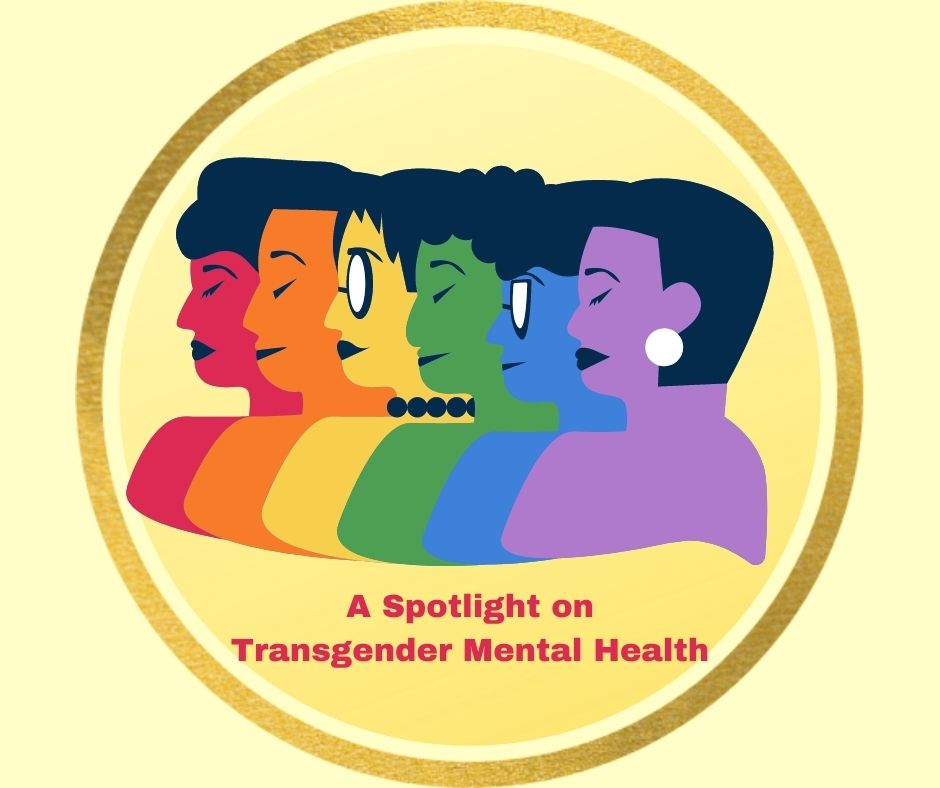We are all assigned a sex at birth, male or female. For some, the gender they identify with does not match their assigned birth sex. These individuals are considered transgender. Those individuals who identify as transgender face many personal, social and familial challenges that can include gender dysphoria, discrimination, and an overall sense of not belonging. They have a history of facing harassment/intimidation – some have been the victims of hate crimes, being ostracized by society and their families, prejudice and bullying. According to the Cleveland Clinic, “Transgender children, adolescents and adults often face discrimination and other challenges in society… More than half of transgender students who are out (publicly open about their transgender status) in K-12 school experience verbal harassment. 1 in 4 experience a physical attack, and more than 1 in 10 are sexually assaulted. Among transgender adults, almost half report being verbally harassed in the past year. And 1 in 10 are physically attacked or sexually assaulted in a given year.”
These daily stressors take a toll on an individual’s mental health. As a result, transgender individuals are at an increased risk of mental health/substance abuse problems and suicide. The most precious commodity people have is sound mental health and that needs to be protected at all cost. Families and allies often feel helpless to the suffering of loved ones and do not know where to go for help or how to begin the process.
How can you help? The first step is letting your loved one know you are there for them and creating a safe space where they can speak openly. Once that space is created, the healing has already begun. The next step is finding a mental health professional they trust; this can be someone who is sensitive to the needs of the LGBTQ+ population. Try and broach the topic of gender early on with the therapist to make sure it is a good fit. Therapy can help to reduce stress and teach valuable skills to manage life stressors in a healthy way.
If at any time, there is a concern for the safety of yourself or a loved one; Ridgeview institute is here to support. We have a dedicated team of professionals who are trained specifically to treat the LGBTQ+ population. We have years of experience working with individuals who struggle with gender dysphoria and other mental health/substance abuse issues that transgender teens and adults face. Contact us for a confidential assessment to see what we can do to help. We are here for you and your loved ones 24 hours a day, 7 days a week.
See also our upcoming Continuing Education webinar “Supportive Need and Boundaries for Trans Youth/Families” on Friday June 3rd, where we go further in depth on what you can do to support your loved ones.

